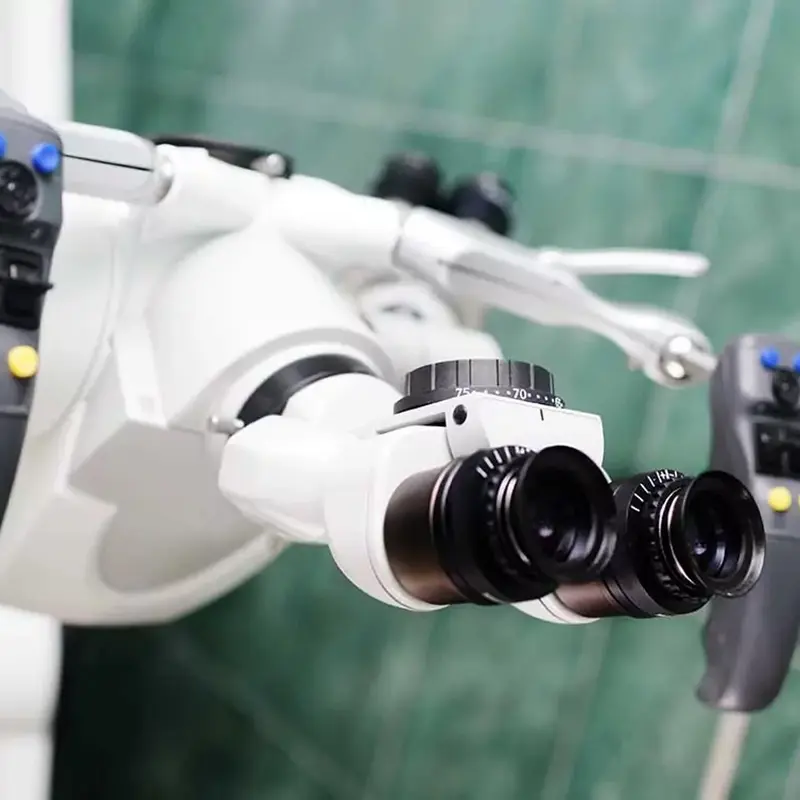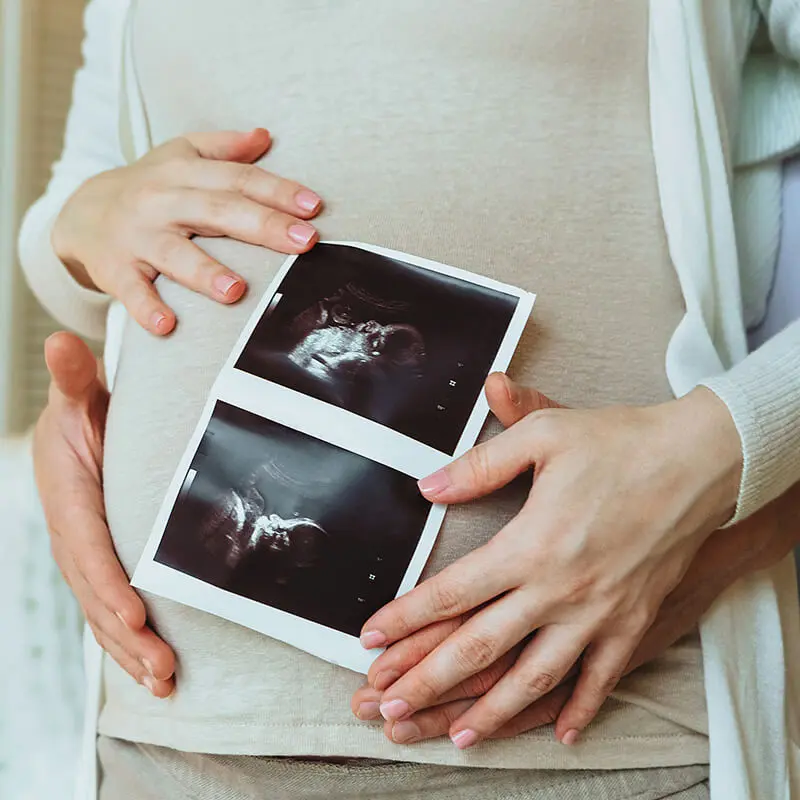

A tubal reversal is usually performed by a fertility doctor who is an Obstetrician Gynecoloigst (Ob/Gyn) with specialized training (fellowship) in Reproductive Endocrinology & Infertility.
A tubal ligation reversal procedure, also called tubal anastomosis, may allow you to become pregnant through intercourse and without further infertility treatments such as In Vitro Fertilization (IVF) or Intrauterine Insemination (IUI), as long as no other fertility factors are present.
A tubal ligation reversal is a procedure in which your fallopian tubes that were previously cut or clipped are reconnected in order to allow eggs released from your ovary (ovulation) to enter the tube where they can be fertilized by sperm.
The fertilized egg then can travel back to the uterus where it undergoes implantation (attachment to) in the wall of the uterus 5-6 days after fertilization. In order to determine if you are a candidate for tubal reversal surgery or if you will be better served by In Vitro Fertilization (IVF), your fertility doctor will take several factors into consideration including your previous tubal ligation surgery.
Am I Candidate for Tubal Reversal Surgery?

During the course of your evaluation, there are several factors that your physician will take into consideration which include the type of tubal ligation surgery performed, the woman’s age, her ovarian reserve or egg count (AMH levels and antral follicle count on ultrasound), the number of additional children she wishes to have, and her partner’s semen analysis.
Since achieving a successful pregnancy after tubal ligation reversal will depend on the type of previous tubal ligation surgery you had, your fertility doctor will ask to see your previous operative report which will provide the following information:
- The type of tubal ligation you had (laparoscopy or immediately after delivery)
- The amount of fallopian tube removed and the remaining tubal length
- The type of sterilization procedure; some tubal ligation procedures are irreversible such as complete removal of the fallopian tube, removal of the end of the fallopian tube (fimbria), or use of minimally invasive hysteroscopic sterilization procedure such as Essure or Adiana (which are no longer used)
How is a Tubal Reversal Surgery performed?
This procedure is performed in the operating room under general anesthesia. It is can be done through a surgical procedure called a mini-laparotomy (small incision in abdomen) and requires a brief hospital stay. During the procedure your fertility doctor will locate your fallopian tubes and find the area where they were tied.
Using a microscope, your fertility doctor will employ microsurgical techniques and instruments to reconnect the ends of the tubes using very fine suture. In cases in which your fertility physician cannot determine how much fallopian tube was left at your previous surgery based on the operative report or if there is concern for scarring (endometriosis or pelvic inflammatory disease), they may start with a laparoscopic approach first to confirm the tubal reanastomosis procedure can be done successfully.
How successful is Tubal Reversal Surgery?
While many factors contribute to the success rates after tubal reversals, about 50-80% of women who have the surgery can go on to become pregnant. The most important factors that determine pregnancy rates include:
- Age – Women under the age of 37 have a better chances of achieving pregnancy
- Type of tubal ligation – Reversal procedures are more successful if your tubal sterilization was performed with rings or clips rather than if large segments of your fallopian tubes were removed or cauterized during the surgery. Women who had an Adiana or Essure procedure cannot typically undergo a tubal reversal procedure and will need to undergo In Vitro Fertilization.
When would it be better to have in vitro fertilization (IVF) instead of a Tubal Reversal surgery?
- Woman’s age over 37 years old
- Low ovarian reserve (egg count) including low AMH level or Antral Follicle Count
- Partner has low sperm count or motility which requires IVF
- Patient desires just one more child and does not want to use hormonal contraception (birth control pills, Intrauterine Device (IUD) or Nexplanon implant) for contraception after pregnancy
- Patient or her partner would like to have genetic testing of the pregnancy prior to conception due to increased risk for genetic disorders based on testing or patient’s age
What are the risks of Tubal Reversal?
As with all surgeries, some risks exist with a tubal ligation reversal. These include:
- Infection
- Bleeding
- Scar tissue formation
- Injury to other organs
- Anesthesia complications
- Increased risk for ectopic pregnancy after the surgery (10-25%)
- One or both fallopian tubes cannot be reconnected, often due to large portions of tube being removed during the prior surgery or the presence of extensive scar tissue
- Continued infertility that may require In Vitro Fertilization (IVF) or Intrauterine Insemination (IUI)

Additional Information About Tubal Reversal

Tubal Reversal Recovery
Tubal reversal is an abdominal surgery performed through a mini-laparotomy you should expect your recovery time to take 4 weeks. You will be able to slowly return to your normal activities after a week or two when you begin to feel better. Sutures placed during surgery should dissolve on their own.
What if I am unable to become pregnant after Tubal Ligation Reversal?
In the event that your tubal anastomosis procedure does not allow you to achieve pregnancy naturally, assisted reproductive technology (ART) may help you become pregnant. A hysterosalpingogram (HSG) after the procedure may help confirm if your tubes have remained open after the procedure. In the event you were not able to become pregnant after the procedure, you may require fertility treatments such as Intrauterine insemination (IUI) or In vitro fertilization (IVF) which may allow you to conceive the child you hope will become part of your family.
Is Tubal Ligation Reversal right for me?
Each patient has a unique fertility situation, so it is important to talk with your doctor about whether or not the tubal ligation reversal procedure is the best method for you to achieve pregnancy. Call us today at 713-401-9000 to schedule your consultation at our fertility center with Dr. Stephan Krotz.
